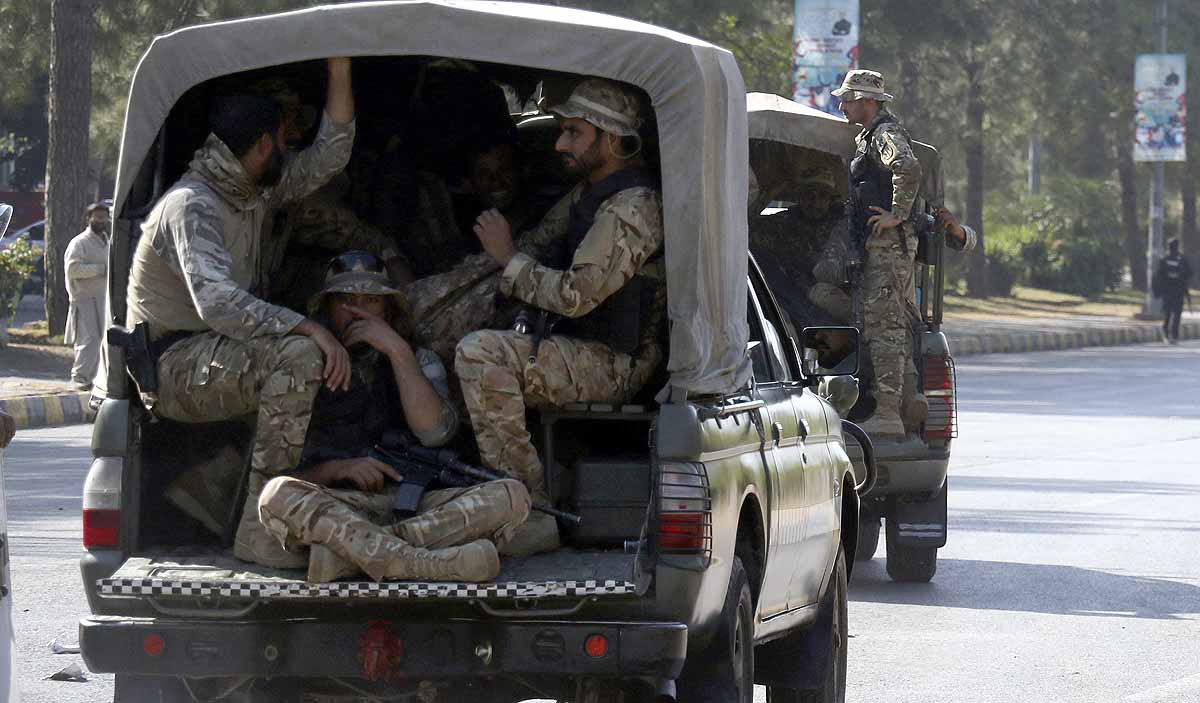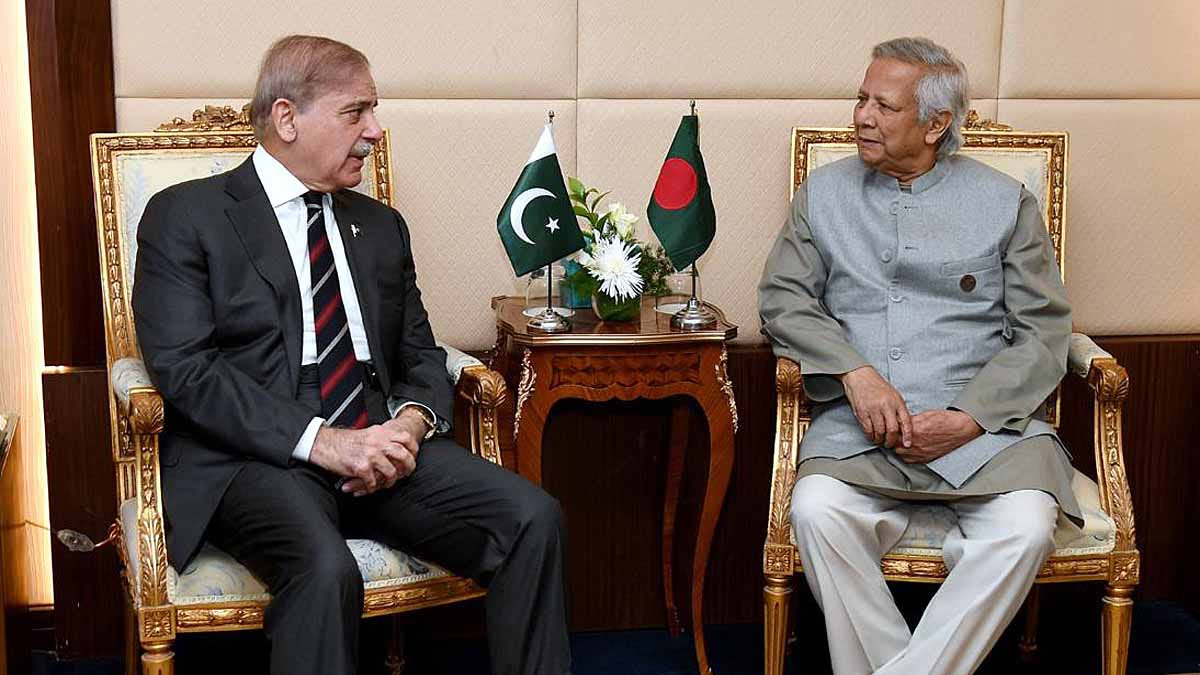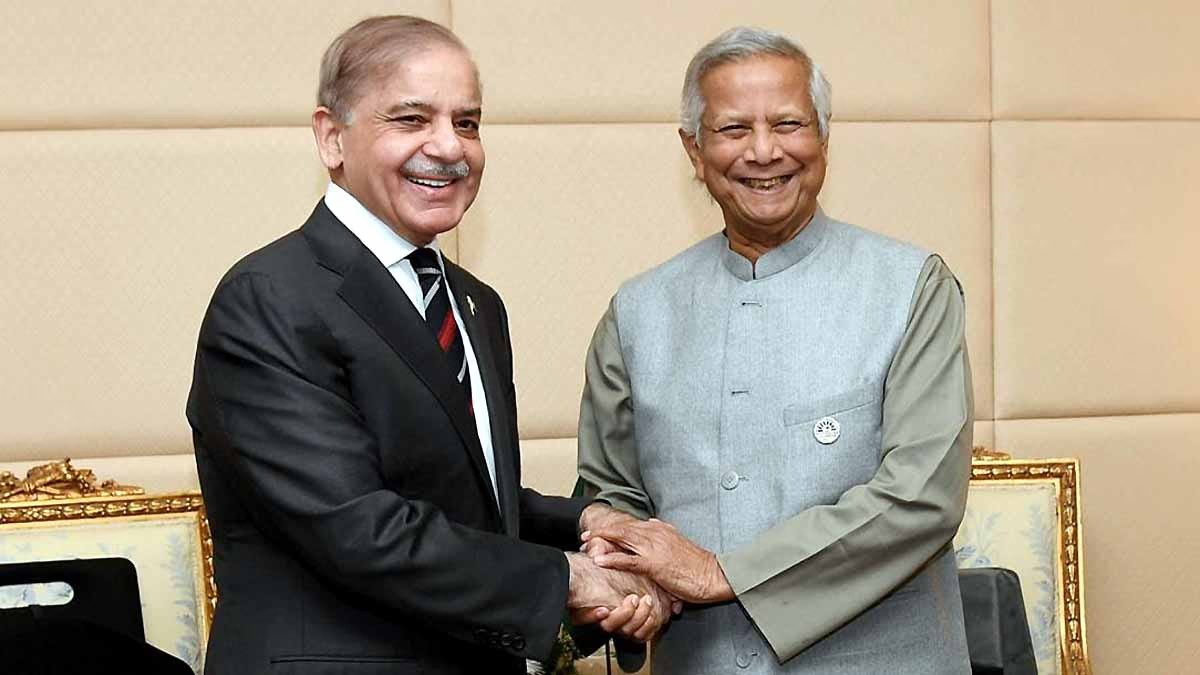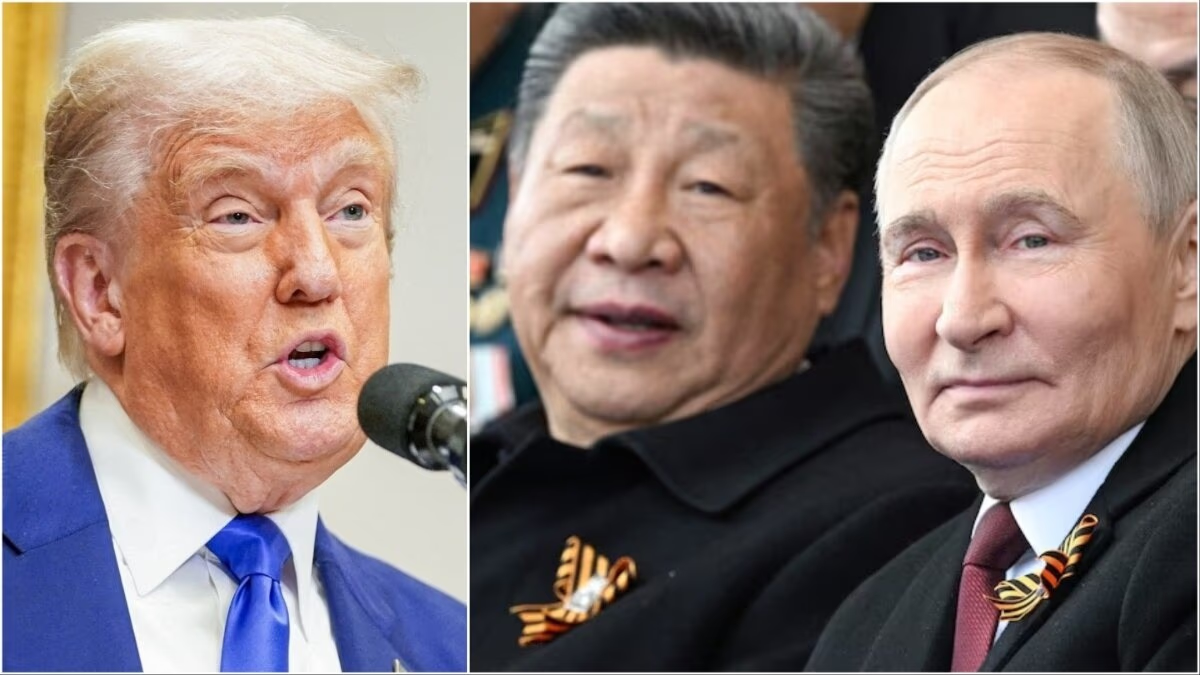After 53 years, the Pakistani army has made its way into Bangladesh, causing a stir. The same Pakistani military, driven out of East Pakistan to form Bangladesh in 1971, is now trying to reestablish its stature in this country from the ground up.
Bangladesh's current interim government has taken steps to enhance military and strategic ties with Pakistan, potentially presenting a new challenge for India. Under the leadership of General Sahir Shamshad Mirza, Chairman of PAK's Joint Chiefs of Staff Committee, a special team is set to reach Bangladesh in February 2025 to train its army.

Source: aajtak
This training will initially occur at the Army Training and Doctrine Command (ATDC) headquarters in Mymensingh Cantonment, lasting a year. Subsequently, the Pakistani army will train across all 10 military commands of Bangladesh. General Mirza sent this proposal to Bangladesh in November, which was accepted by Bangladesh's Army Chief, General Wakar Uz-Zaman.
These developments highlight the changing conditions post-Sheikh Hasina's leadership, as the interim government accelerates strengthening ties with Pakistan. A joint military drill titled ‘Aman-2025’ with the Pakistani navy is scheduled for February 2025 at the Karachi Port.

Source: aajtak
This exercise, held every two years, had been skipped by Bangladesh for the past 15 years due to a moratorium on any military cooperation with Pakistan during Hasina’s tenure. However, the interim government has not only agreed to participate but also plans to conduct joint exercises in the Bay of Bengal with the Pakistani navy.
During Sheikh Hasina's era, Bangladesh had limited its interactions with Pakistan. In 2022, Hasina barred the Pakistani warship PNS Taimur from docking at Chittagong Port. Yet the interim regime has permitted goods from Pakistan to land at Chittagong without inspection.
Direct flight services between Dhaka and Islamabad are being restored, and visa regulations have been relaxed for PAK citizens. Pakistani cargo ships now dock at Chittagong Port without inspection. Behind these recent shifts, Pakistan's strategic play seems apparent.

Source: aajtak
Reports suggest that Pakistan's intelligence agency, ISI, played a significant role in toppling Sheikh Hasina's government and establishing the current interim regime. Pro-Pakistan forces, long active in Bangladesh, are now stepping into the light. This maneuver by Pakistan may pose a substantial strategic challenge for India.
With Pakistan's growing presence in Bangladesh, the threat to the Siliguri Corridor (or the Chicken's Neck), the narrow passage connecting India to its northeastern states, might escalate. It could also empower radical forces in northeastern India.
Is Bangladesh veering back into Pakistan's orbit? The present circumstances fuel this pressing question. The Pakistan-Bangladesh partnership has evolved into not only a diplomatic headache for India but also a grave security concern.




